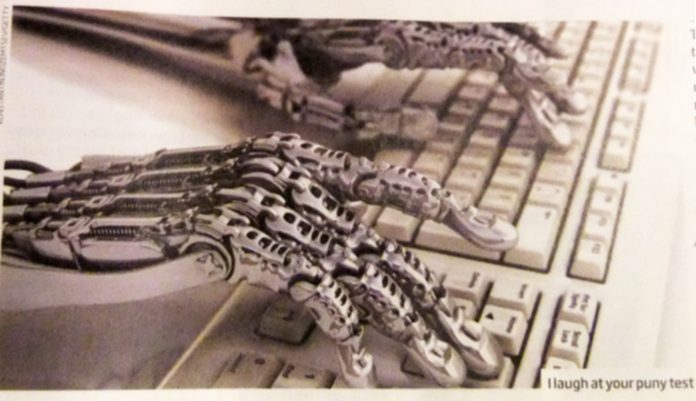As part of a regular dialogue with churches, religions, philosophical and non-confessional organisations, the European Commission hosted a high-level meeting in Brussels on June 18. This ninth annual high-level meeting discussed the topic “Artificial Intelligence: addressing ethical and social challenges”.
The meeting, chaired by EU Commission Vice-President Andrus Ansip, was attended by 12 representatives from philosophical and non-confessional organisations from across Europe.
“From better healthcare to safer transport, the benefits of Artificial Intelligence are many and Europe should grab them,” said Ansip, the European Commissioner for the Digital Single Market. “Along with increased investments, we are developing ethical guidelines for the development of AI for good and for all. This requires an open discussion on key issues such as the importance of diversity and gender balance in AI to avoid biased decisions.”
In turn, First Vice-President Frans Timmermans, responsible for the Article 17 Dialogue, said the digital revolution will impact every person living on the planet.
“This revolution brings new promises, and new risks of disruption,” he added. “We have seen recently that the digital world moved faster than the ethical discussion about what could and should be allowed online. We cannot risk the same thing happening with Artificial Intelligence and automatisation. We need to be in control of this transformation, and make sure that it is used to foster our values and defend our social model.”

